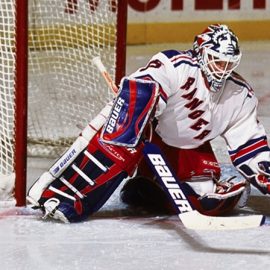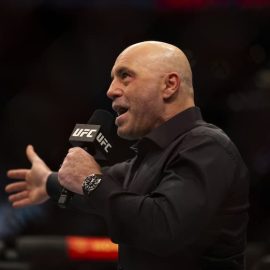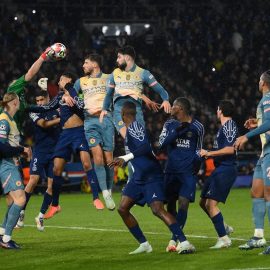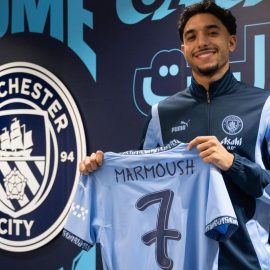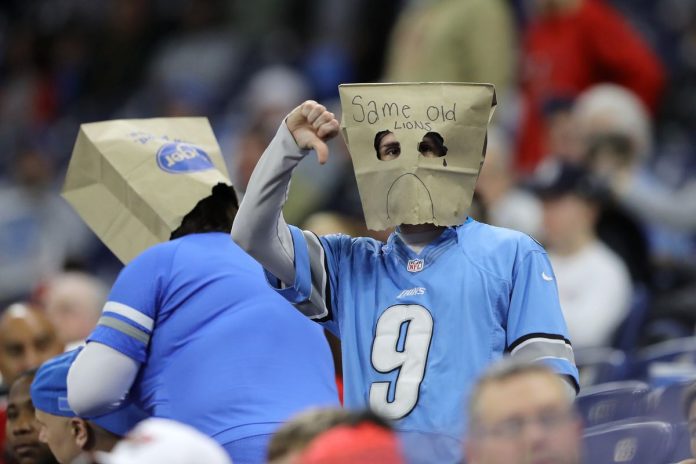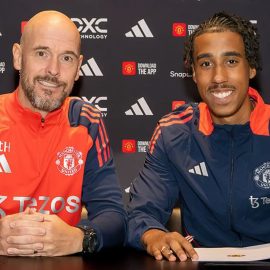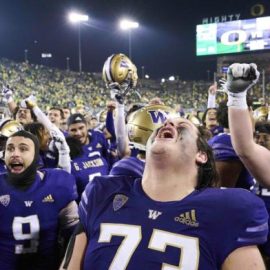Top Sports News
How To Watch Naoya Inoue vs Ramon Cardenas: TV Channel, Live Stream & Preview For Undisputed Super-Bantamweight Fight
Naoya Inoue vs Ramon Cardenas headlines at the T-Mobile Arena in Las Vegas in an undisputed world super-bantamweight title showdown. Check out our guide showing which TV channel the fight…
Adam Silver says the NBA is discussing the idea of an international twist on next year’s all-star game
Over the last decade, the NBA has made several changes to the All-Star Game. In 2018, they introduced a draft and went away from the traditional East vs. West matchup. …
NFL
View allESPN’s Mel Kiper called the Cincinnati Bengals’ 2025 draft ‘ho-hum’
Over the weekend, the 2025 NFL draft happened in Green Bay, Wisconsin. It’s a time for teams to replenish their talent and build for the future. Each year, ESPN’s Mel…
Multiple players were prank-called by the same number/area code during the 2025 NFL draft
Over the weekend, the 2025 NFL draft took place in Green Bay, Wisconsin. It’s a special time for players and their families. Making it to the NFL is something these…
NHL
View allHow To Watch Florida Panthers vs Tampa Bay Lightning: TV Channel, Live Stream and Preview For NHL Payoff Clash
The Florida Panthers host the Tampa Bay Lightning in Game Four of the NHL Playoffs, as the Panthers look to go 3-1 up and you can find out how to…
Montreal Canadiens Goalie Sam Montembeault Could Miss Game 4 Against Washington Capitals Through Injury
Sam Montembeault, the Montreal Canadiens No.1 goalie, could be set to miss Game 4 of the Eastern Conference Round 1 Stanley Cup Playoffs against the Washington Capitals. This comes after…
Research Features
View allTop 10 Most Lucrative Wide Receiver Contracts Agreed Ahead Of The 2024 NFL Season
CeeDee Lamb landed one of the biggest non-quarterback deals in the NFL this week as he signed a four-year contract with Dallas – but where does the Cowboys star receiver…
Premier League Summer Transfers: Top 10 Most Expensive Signings So Far
The 2024/25 Premier League season is almost upon us and as English clubs prepare for the new campaign, we are counting down the top ten most expensive transfers so far….
























